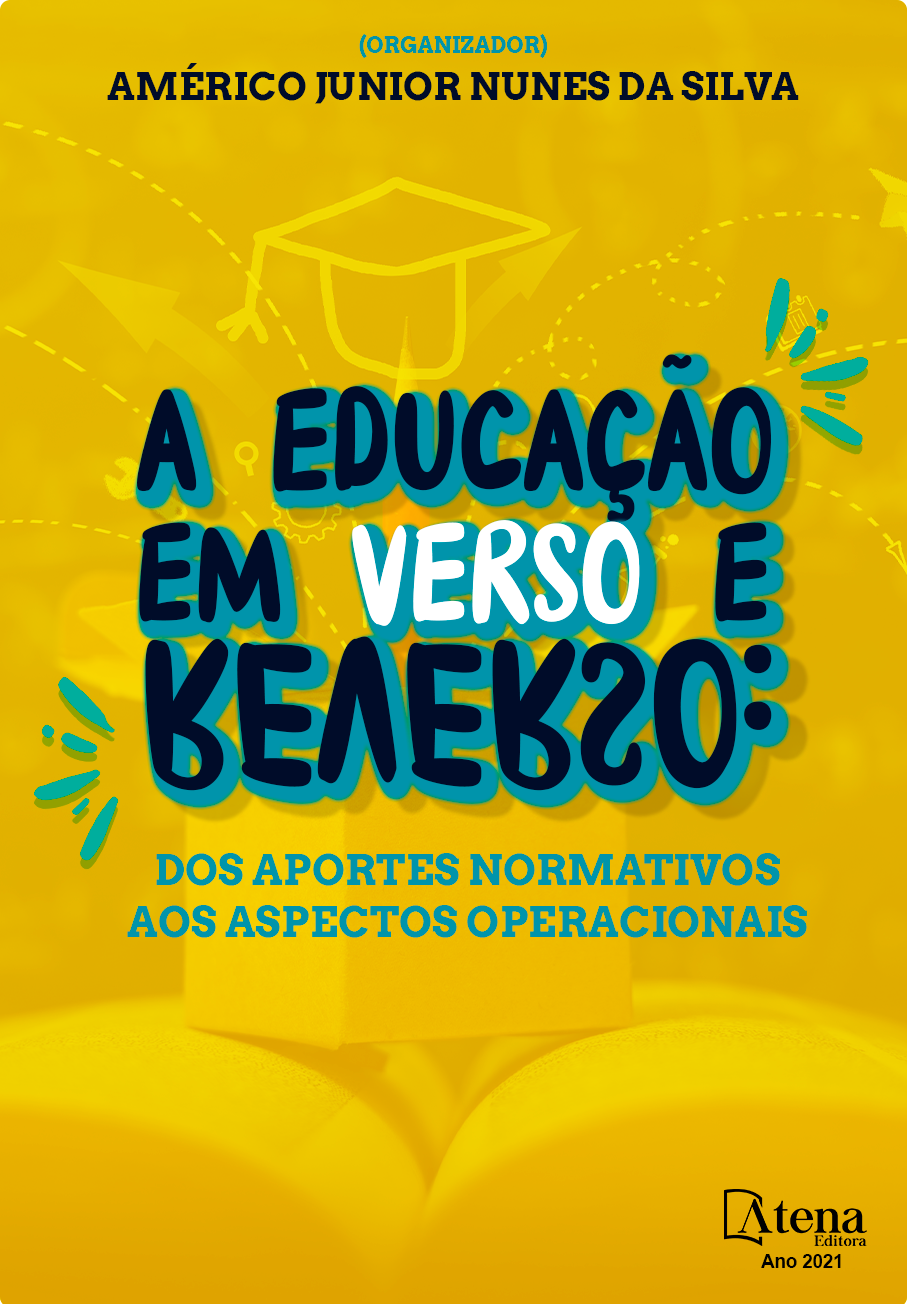
A DIFÍCIL TAREFA DE ENSINAR MODELAGEM MATEMÁTICA
Este texto aborda a problemática de como ensinar modelagem matemática, bem como evidencia a difícil tarefa de articulação e integração de saberes matemáticos e não matemáticos. Para isso, foi realizado um percurso de estudo e investigação com professores em formação inicial de licenciatura de uma instituição pública a partir do estudo do modelo matemático do cálculo do quociente eleitoral, tendo-se por fundamentação os recursos teórico-metodológicos da teoria antropológica do didático. Os resultados da empiria confirmam a hipótese de existência da problemática vencida paulatinamente pela construção de novas qualidades de relações dos saberes não matemáticos em articulação e integração com os saberes matemáticos. Ademais, o estudo e/ou o uso desse modelo frente às novas mudanças da legislação do código eleitoral nos estimulam a pesquisas futuras haja vista o modelo apontar respostas concretas que podem ser indesejáveis à democracia.
A DIFÍCIL TAREFA DE ENSINAR MODELAGEM MATEMÁTICA
-
DOI: https://doi.org/10.22533/at.ed.38521090717
-
Palavras-chave: Modelagem matemática. Saberes não matemáticos. Quociente Eleitoral
-
Keywords: Mathematical modeling. Non-mathematical knowledge. Electoral Quotient.
-
Abstract:
This text deals with the problem of how to teach mathematical modeling in order to highlight the difficult task of articulation and integration of knowledge, mathematicians and non-mathematicians. To this end, a study and investigation course was carried out with teachers in initial undergraduate training at a public institution based on the study of the mathematical model of calculating the electoral quotient that was guided by theoretical and methodological resources of the anthropological theory of the didactic. The results of empirics confirm the hypothesis of the existence of the problem gradually overcome by the construction of new qualities of relations with non-mathematical knowledge in articulation and integration with mathematical knowledge. Furthermore, the study and / or use of this model in the face of new changes in the legislation of the electoral code encourages us to carry out future research due to the model showing concrete answers that may not be seen as desirable to democracy.
-
Número de páginas: 16
- Renato Borges Guerra
- Raquel Soares do Rêgo Ferreira
- Gleison de Jesus Marinho Sodré


